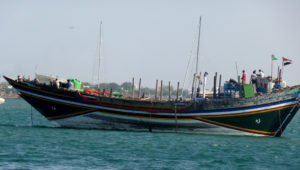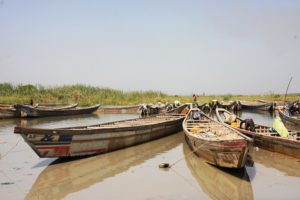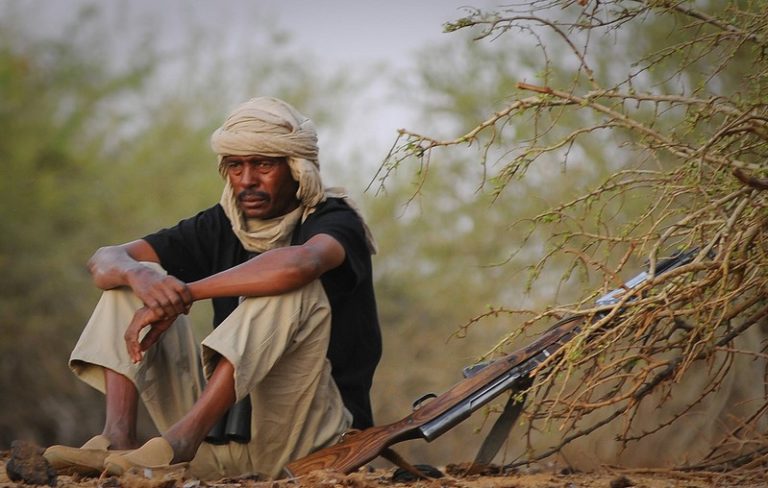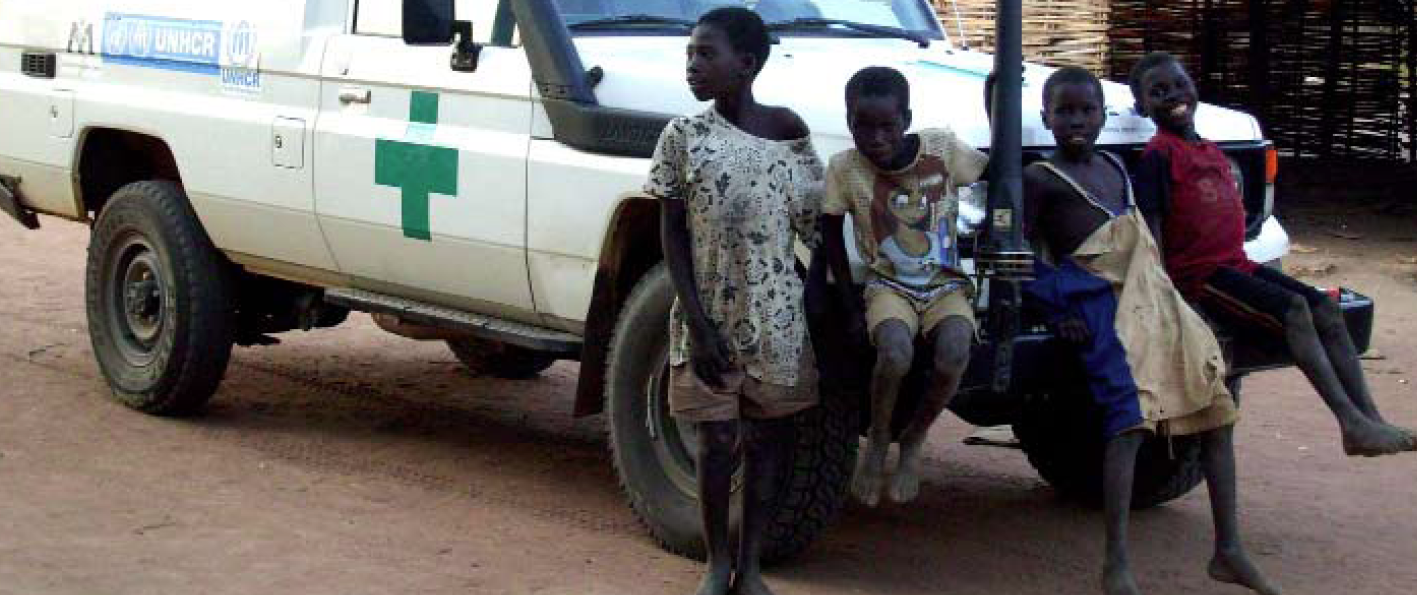Letter from La Vigie, Dated 17 March 2021
The Greek ally
Since last summer’s tensions in the eastern Mediterranean, France has moved closer to Greece. Greece has settled all its differences with its Balkan neighbours. The deep rivalry with Turkey remains, aggravated by the Cyprus question. The rapprochement with France is logical from Athens’ point of view. For Paris, it will be important to ensure that this is not just a diplomatic coup but a lasting alliance.
To read the article, click here
Introduction to multi-domain operations
The synergy of multi-domain military engagements has accelerated since 2014. The development of hybrid strategies, combining military and non-military modes of action, by state and non-state competitors or strategic disruptors, led the United States to structure its approach to multi-domain operations (MDOs) and to solicit its allies. As is the case whenever a new strategic and operational concept emerges, each of them is required to appropriate it before considering a common interoperable and coordinated response. France is preparing for this. The next NATO and EU summits could see the adoption of the first concrete multilateral initiatives.
To read the article click here
Lorgnette: Senegal in turmoil
The events of the last few days in Senegal are worrying. Indeed, the arrest of the main opponent to the government, Ousmane Sonko, triggered a series of bloody riots (a dozen dead, nearly 600 injured). Although the situation has since calmed down, it reveals several trends. First of all, Senegalese democracy, often cited as an example, is not immune to upheaval. We need to remember what happened twenty years ago in Côte d’Ivoire. The president, Macky Sall, remains very ambiguous about a possible third candidacy and has succeeded in eliminating the opposition… except for Ousmane Sonko, who is not from the seraglio. He made a name for himself by coming third in the last presidential election by denouncing corruption but also the French influence.
Now, this anti-French sentiment is spreading throughout the former African pré carré. This is to lend a lot of power to France, but the affair comes at a time when the debate is raging around the Barkhane operation. If minds are focused on the Sahel, it is advisable to remain cautious towards the region’s solid supports. A destabilised Senegal would be very bad news for everyone.
JOCV
Subscribers: click directly on the links to read online or download the pdf issue (here), always with your login/password. New readers: read the article by issue, by clicking on each article (2.5 €), or subscribe (discovery subscription 17 €, annual subscription 70 €, orga. subscription 300 € HT): here, the different formulas.
Photo credit : Pixabay






